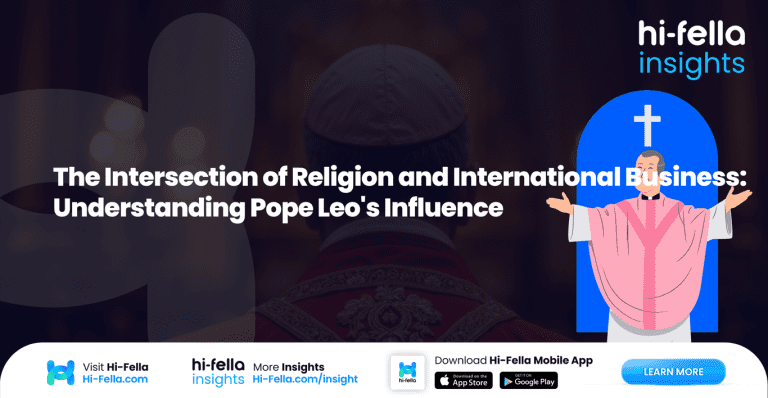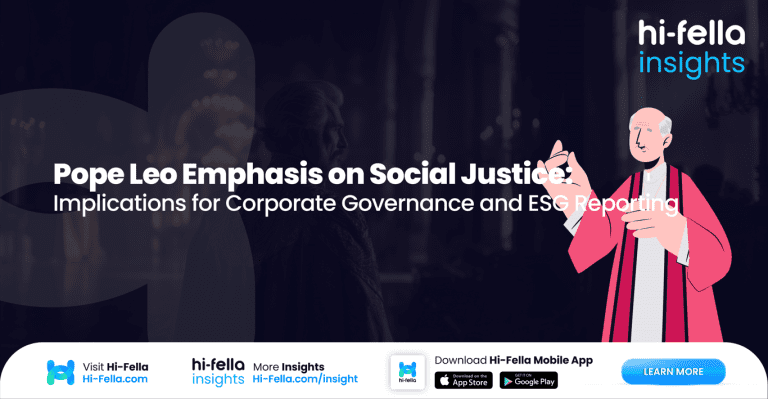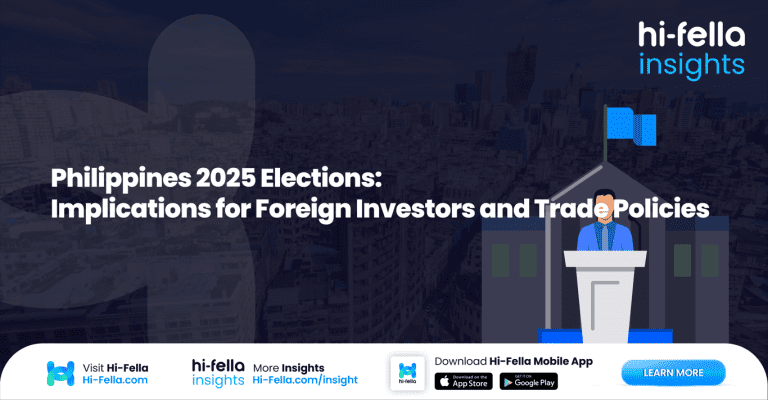Growing your business globally used to mean booking flights, shaking hands, and crossing time zones. But guess what? It’s 2025, and you can go international without even standing up from your desk chair. Sounds like magic? Nope—it’s just smart strategy, digital power moves, and a little bit of genius.
Welcome to the ultimate guide to global expansion, where we show you how to scale beyond borders while sipping your favourite coffee at home.
The New Era of Global Business: Why Borders Don’t Matter Anymore
Gone are the days when expanding internationally meant setting up physical offices or hiring local reps. With technology, automation, and digital networks, businesses of all sizes can operate globally without the traditional hassle. Here’s why:
- E-commerce platforms let you sell anywhere.
- Remote teams mean you can hire talent worldwide.
- Automation & AI handle international operations efficiently.
- Cloud services give you access to everything, anytime, anywhere.
Translation? You don’t need a passport to go global—you just need the right tools and mindset.
The Smart Playbook for Global Expansion (No Jet Lag Required)
Here’s how you can take your business worldwide without ever stepping on a plane.
1. Find Your International Market Fit
Not every product or service will work in every country. Before going global, figure out where demand exists. Some smart moves:
- Google Trends & Keyword Research – See where people are searching for your product.
- Market Research Tools – Use Statista, Nielsen, or IBISWorld to analyze global trends.
- Competitor Analysis – Look at where similar businesses are thriving.
Pro tip: Start with regions where language and culture barriers are minimal—it’s the lowest-hanging fruit.
2. Build a Borderless Digital Presence
Your website and online store are now your global headquarters. Here’s how to make them expansion-ready:
- Multi-language support – Translate your website using tools like Weglot or hire local translators.
- Localised SEO – Optimise for different regions with country-specific keywords.
- International payment options – Integrate PayPal, Stripe, Wise, or local payment gateways.
- Fast-loading, mobile-friendly site – Because a slow website is a global deal-breaker.
3. Leverage E-Commerce & Marketplaces
If you’re selling products, marketplaces are your best friends. Consider:
- Amazon, eBay, Etsy, Shopee, AliExpress for international reach.
- Shopify, WooCommerce, or BigCommerce for a self-hosted global store.
- Dropshipping & Print-on-Demand services to eliminate inventory issues.
No warehouse? No problem. Smart logistics make physical borders irrelevant.
4. Use Social Media to Expand Your Audience
Social media isn’t just for memes and viral dances—it’s a global marketing powerhouse.
- Run region-specific ads on Facebook, Instagram, and LinkedIn.
- Leverage TikTok & YouTube for international brand awareness.
- Join global business communities on Twitter, Reddit, and Facebook Groups.
- Work with local influencers to reach new audiences organically.
Think of social media as your international billboard—but way cheaper and more effective.
5. Automate Global Customer Support
Expanding means dealing with customers across different time zones. Keep them happy with:
- AI Chatbots – Use ChatGPT-powered bots to provide 24/7 support.
- Multilingual Helpdesks – Use Zendesk or Freshdesk for language-based auto-responses.
- Virtual Assistants – Hire remote customer support reps from Upwork or Fiverr.
Automation doesn’t just save time—it makes you look effortlessly professional on a global scale.
6. Tap into Remote Hiring & Global Collaboration
Your dream team doesn’t have to be in the same city—or even the same continent.
- Hire freelancers & remote workers from platforms like Toptal, Fiverr, and Upwork.
- Use project management tools like Slack, Asana, and Trello to streamline workflow.
- Schedule across time zones with tools like World Time Buddy and Clockify.
A remote team means talent without limits—and an office budget that stays low.
7. Handle International Payments & Taxes Like a Pro
The money side of going global can get tricky, but here’s how to simplify it:
- Use Wise, Payoneer, or Stripe for easy currency conversions.
- Understand international tax laws using platforms like Avalara.
- Consider global-friendly banking with services like Revolut or Mercury.
Money should move as freely as your business—make sure you’re not losing profits on bad exchange rates.
8. Test, Adapt, and Scale Strategically
Going global isn’t a one-size-fits-all strategy. Start small, test the waters, and scale intelligently.
- Start with one international market before expanding further.
- Track performance using Google Analytics, SEMrush, or HubSpot.
- Adapt your approach based on feedback, local trends, and performance data.
The smartest businesses don’t rush global expansion—they refine it as they grow.
Real-Life Success Stories: Businesses That Went Global Without a Physical Move
1. Canva – From Australia to the World
This design startup from Sydney expanded globally without offices everywhere. By localising its product and leveraging digital marketing, Canva became a household name worldwide.
2. Shopify – Powering E-Commerce Everywhere
Shopify made it possible for small businesses to sell globally. With a borderless platform, they helped millions of entrepreneurs expand without the traditional setup.
3. Zoom – The Definition of Remote Global Success
Built for remote work, Zoom became essential for businesses worldwide without needing physical presence in every country.
The Future of Global Business: What’s Next?
Expanding globally will get even easier with:
- AI-driven translation & localisation making communication seamless.
- Blockchain & cryptocurrency payments eliminating financial barriers.
- Virtual reality networking & business hubs for digital-first interactions.
The future of business is global, and the smartest entrepreneurs are already taking advantage.
You don’t need an international office or endless travel miles to build a global business. With digital tools, automation, and the right strategy, you can expand worldwide—all from the comfort of your desk.
So, why wait? Your next customer, partner, or market is just a click away.






